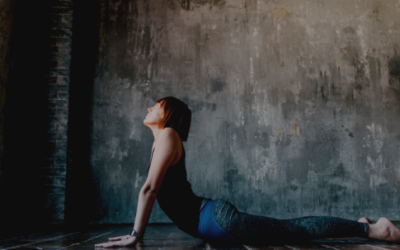While most of us understand the connection between healthy eating habits and physical fitness, fewer know of the effects of food on mood.
Our gut contains trillions of micro-organisms that are collectively known as the microbiome. Disruption of the microbiome from eating unhealthy foods has been linked to the development of anxiety and depression. Additionally, the gut bacteria produce and regulate 95% of the body’s Serotonin (a neuro-transmitter that plays a vital role in regulating our mood, appetite, and sleep cycle) so healthy balance of the microbiome is essential for Serotonin regulation. All of this tells us that what we eat will affect how we feel.
GUT INFLAMMATION, DEPRESSION, AND ADDICTION
Gut inflammation is one of the key factors in disrupting the microbiome. Refined sugars are known to be one of the main culprits in the development of gut inflammation and are strongly linked to the development of depression. Sugar is highly addictive as it impacts Dopamine, a neuro-transmitter that drives the reward system in the brain. Research has shown links between the over-consumption of sugar and drug addiction, as well as issues of cross-dependency between sugar and drugs of addiction.
SIGNS OF GUT IMBALANCE
» Abdominal discomfort
» Bloating and gas
» Diarrhea and/or constipation
» Food sensitivities (e.g. gluten, lactose)
» Skin problems (e.g. eczema)
» Anxiety and depression
FOODS TO AVOID
» Refined sugars (sugary drinks, energy drinks, sauces, sweets, processed foods)
» Fried foods, fast foods (high in trans-fat)
» Refined carbohydrates (grains stripped of fiber e.g. white bread, pastries, many breakfast cereals)
» Excessive alcohol
FOODS THAT REDUCE INFLAMMATION
» Leafy green vegetables (kale, spinach, etc.)
» Nuts (almonds, walnuts)
» Fatty fish (salmon, sardines, mackerel)
» Berries (blueberries, raspberries, blackberries)
» Avocados
» Green tea
SEEKING PROFESSIONAL HELP
While general information is useful, dietary needs are highly personal. Finding a diet to suit your particular situation (particularly if you have food allergies or sensitivities) requires an individual approach. Seeking the help of a licensed nutritionist or dietician is a good investment to get a personalized program that meets your specific needs. The Academy of Nutrition and Dietetics is a useful resource for finding an expert.Between our phone and social media overuse, the coffee we drink and the sugar in our food (all of which act as stimulants), as well as the low grade stress and anxiety we carry with us each day, there are many stimulating factors negatively impacting our sleep. Thankfully, the deep breathing we practice in breathwork helps to calm the nervous system, which in turn reduces the effects of stimulants and calms the stress, allowing you to get a better night’s sleep. Additionally, quieting the mind, which breathwork does so well, allows you to fall asleep faster and sleep more deeply.





